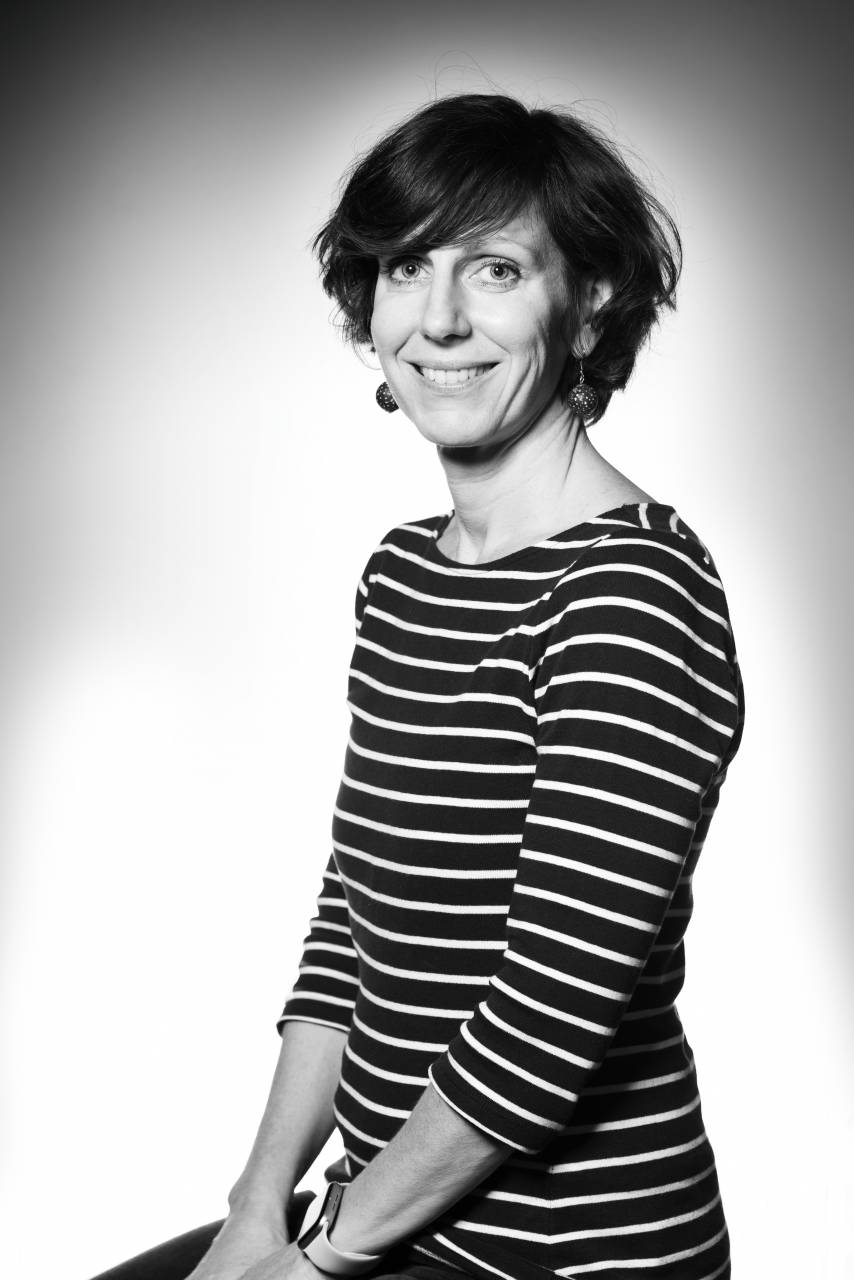Csóka Tímea

Tímea Csóka - Press relations
"Without them, there would be no theatre..." This thought inspired our interview series, in which we take a twist on the audience experience.
► This time we asked Tímea Csóka, who in the beginning was involved mainly in the promotion of international performances, but later on she also became responsible for the promotion of domestic performances and the increasingly frequent awards Proton Theatre has won.
𝐏: What are your responsibilities and what kind of activities does this mean exactly?
𝐓: For me it's like a labour of love, I'm happy to do anything that comes along. I'm proud to say that I created a motto to the theatre that came from me. I have accompanied several tours abroad, which is also a great experience and of course a responsibility. To this day I watch in admiration how a set is built, which in the case of Proton can take a whole day. I'm impressed by the passion and dedication that Dóri Büki and the Proton people put into their theatre-making. And speaking of the diversity of my tasks, I have to say that on a tour abroad I also managed the flight of the spiky dachshund in the performance DISGRACE. Miska is the dog of Miklós B. Székely.
𝐏: How long have you been involved with the Proton Theatre? How did the "meeting" happen?
𝐓: It all started with the Krétakör. I first met and got to know Dóra Büki, the managing director and soul of Proton. After the transformation of the Krétakör, smaller companies such as Szputnyik and Momentán came into my life, and then in 2011, to my great joy, Dóri showed up again. At that time, Proton's invitations from abroad were so frequent that some help was needed to handle the press.
𝐏: Which is your favourite and most important Proton performance and why?
𝐓: I would say that it is the existence around Proton that is so important to me, no matter which of Kornél's productions it's all about. It is the community, the mindset, the dedication that is a joy to experience again and again with each performance. It's always a good feeling to meet old colleagues from Krétakör - like in Szkéné. In most of the performances, difficult and distressing but also very important themes are brought up, which can cause sleepless nights, but at least make you think. For example, when Dóri asked me to accompany a tour of DISGRACE in Frankfurt, which I also had to subtitle, my first thought was that I would then have to experience this performance a number of times in a row. Just like HARD TO BE A GOD is a stomach-churning experience every single time.
𝐏: What is the biggest difficulty in your work?
𝐓: Because I like this job very much, I prefer experience the difficulties as challenges. For example, with the frequent tours, I have to rephrase the presentation of the same performance a little bit every time, I have to find a new focus, new aspects, it's not enough that the venue is different, the festival is different. In the noise of today's world, it's difficult to draw attention even to the best things. Of course, it makes it easier if you believe strongly in what you want to present to others.
𝐏: Do you have any tour memories that still haunt you?
𝐓: Highlights from a tour in Switzerland. Zurich, early morning departure, members of the company at the reception, one person missing. I call on the telephone, nothing. I call on the mobile, nothing. Again phone, again mobile. Nothing. I go upstairs, knock on the door. Nothing. I knock louder, nothing. I bang, nothing. The airport shuttle arrives. Since the actor I was looking for was my neighbour, I was about to go back to my own room to climb over the balcony when he suddenly appeared with tired eyes. Ready to go, he said.